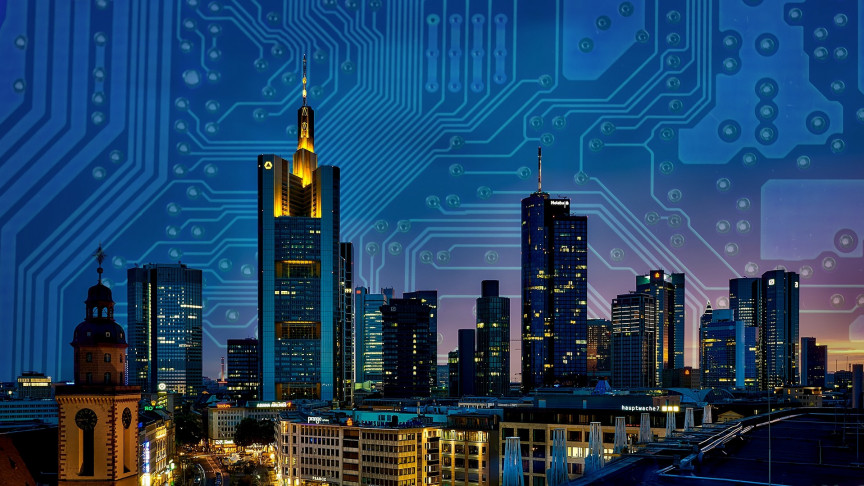Smart cities are the future, but as modern infrastructure advances, it’s finding itself at a crossroads with the actual people that live there.
Modern cities are facing a wealth of problems, from climate change to housing costs to traffic to unemployment. Historically these issues have been tackled using politics and community incentives, but now, they’re being tackled with new smart city tech. Things like ride-sharing or home-sharing, connected public transport, et cetera.
RELATED: THE TECHNOLOGIES BUILDING THE SMART CITIES OF THE FUTURE
All this integrated tech needs to be embraced by the people of the city though, which means that building the next generation of smart cities is going to take a massive amount of cooperation.
The Future of Smart Cities
As technology gets more capable to solve cities’ problems, there will be rising potential for conflict between this technology and the people it’s trying desperately to help. Issues like privacy and shared spaces and communal tech will arise. Believe it or not, people tend to not always agree on things, especially how technology should fit into their lives.
Civic leaders vying to create the next smart city and utilize technology to overcome the growing challenges of cities will need to minimize the damage of tech and maximize the benefits. This means transparency in tech, public engagement in the implementation process, and data privacy.
Transparency in Technology
The general public tends to be resistant to large corporations developing plans behind closed doors on how to implement technology in their city. Populations of cities tend to think of the public infrastructure as an extension of their home. So, when a technology company comes in and tries to “revolutionize” the city without explaining themselves well enough, the public can turn.
This represents a growing awareness of the general public to invasive technology. As society has become aware of just how dangerous technology can be, we’ve become more resistant to new technology that we’re not fully sure about. Gone are the days where people would wish the future into the present on a whim.
Data Privacy
Data, data, data. People more than ever recognize that having access and control over your own data is vital to maintaining security over your own information. People are generally fearful of a surveillance state, so as cities begin to roll out new technology, the general public will be resistant to “big brother” watching through the tech.
Smart cities will have to work to establish an aura of safety and security between the technology and the people living there if they want true mutual adoption.
There’s also a decent amount of ethics that will come into play in the implementation of smart cities and managing their data. We’ve already seen the banning of facial recognition software to ease residents’ concerns as it presents a slippery slope of bad actors.
Public Engagement in the Technology
The private sector is here to grow their own economy and create jobs, but the public sector is here for guidance and accountability. As the public and private sectors merge to create futuristic smart cities, keeping the accountability of the public sector at the forefront will be paramount to a projects’ success.
One key element that can ease friction between these two sectors is to have a mission-oriented project. Smart city projects that are focused on solving a core issue in a way that meets the needs of the city generally allow for greater public engagement and thus the adoption is eased.
Across these three core principles to implementing smart city tech is the idea of bettering human life through technology. So what cities are already on the right path?
Cities That are Getting it Right
Copenhagen
Copenhagen won the World Smart Cities award in 2014 for a project that used wireless data from phones merged with GPS signals to meet green initiatives city-wide. The project collected data about how people across the city moved with the goal of optimizing the flow of traffic throughout the city. In the end, it promised a 10 percent reduction of travel time for residents and a huge economic benefit as a result of these new efficiencies.
Dubai
Dubai’s smart city initiative is goaled at measuring and improving the happiness of the citizens directly through integrated technology. The Government uses a “Happiness Meter” that is updated in realtime by citizens’ feedback during interactions with the city. This ultimately gives the decision-makers of the city an up to date model of how they’re doing and what they might need to improve upon. This is one way that new smart city tech can directly improve the lives of the people who live there.

















